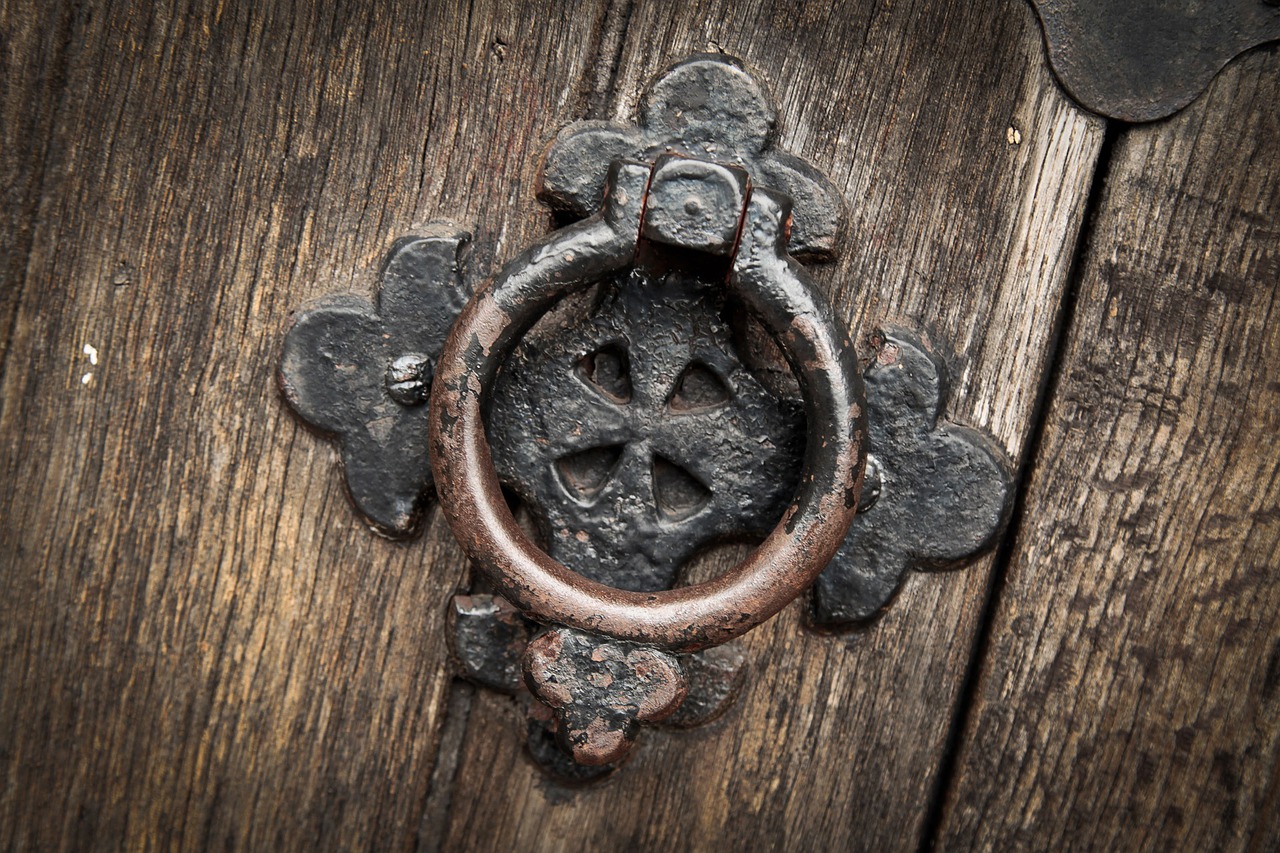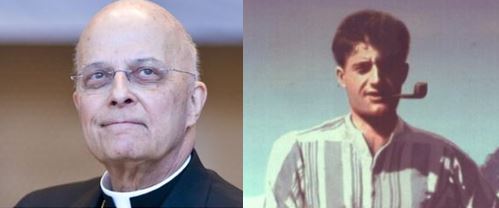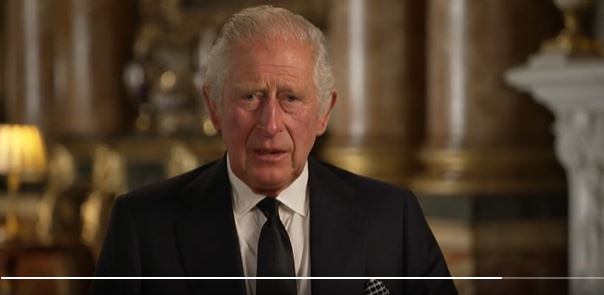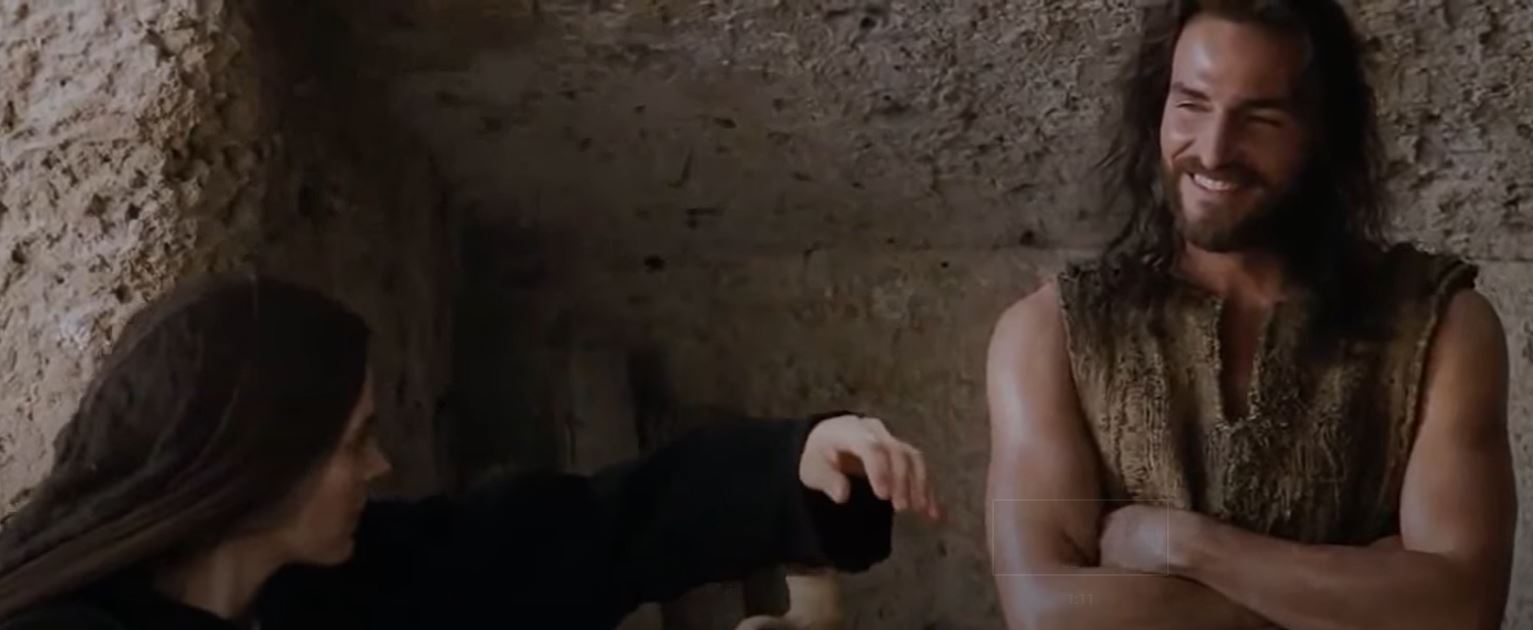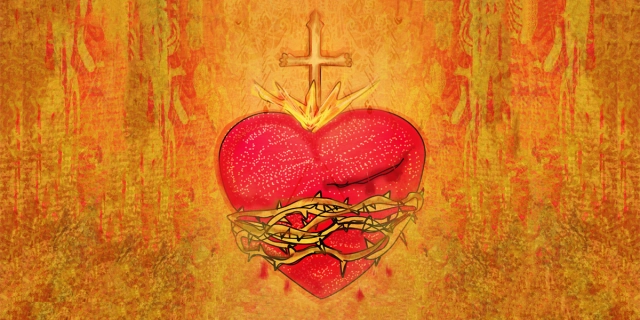Parenting
The blessing I’ve just remembered, thanks to Taylor Swift
Did you know there is within the Catholic Church, a blessing offered to parents who are grieving the loss of a child through miscarriage or stillbirth? It’s one of those things I think I may have known but forgotten — and I wish I’d known it when my husband and Read more…

